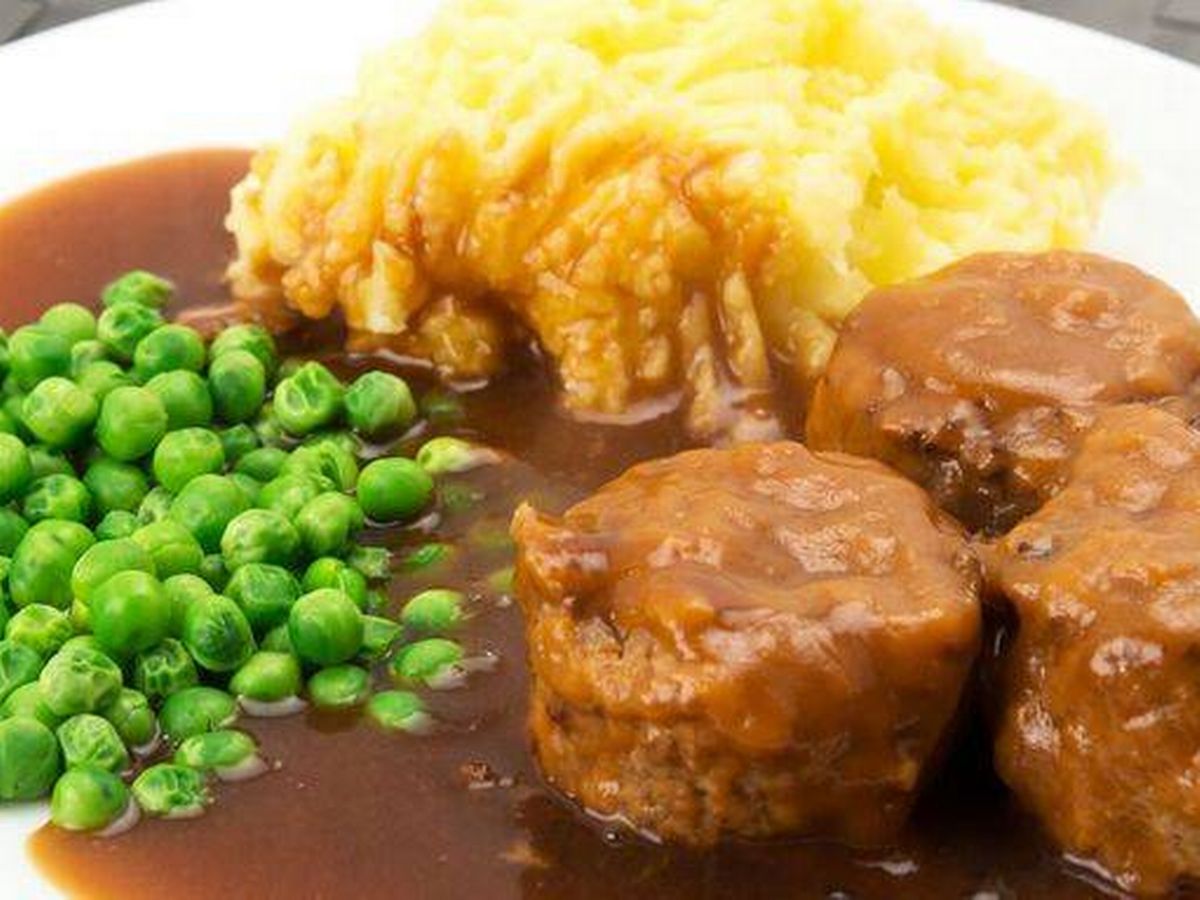Copyright mirror

There was a time when popping to the pub meant more than just a pint, it meant a proper meal. British pub grub was hearty, unpretentious, and designed to fill you up after a hard day's graft. Some pub classics have stood the test of time - think fish and chips or a Sunday roast - but many dishes have faded into obscurity, rarely seen on menus today. As gastropubs become increasingly popular, the rise of burgers, pizzas, curries, and small plates has slowly pushed out some of Britain's best-loved favourites. From piping hot pies and rich gravies to plates heaped with potatoes, these forgotten dishes deserve a trip down memory lane. Once a cornerstone of British pub dining, steak and kidney pie was the ultimate comfort food. Steamed and with a hearty suet crust, it became a symbol of traditional “stick-to-your-ribs” pub fare. As lighter and faster dishes took over, this slow-cooked classic slowly disappeared, surviving mainly in nostalgic northern inns and old-school pie shops. Few dishes evoke 1970s pub dining quite like gammon steak topped with a ring of pineapple and often paired with chips and a fried egg. Today, spotting it on a menu feels like a comforting throwback to simpler pub days. Liver and onions was once a fixture of weekday pub menus. Offal was inexpensive and widely eaten throughout the early 20th century, and pubs served it with mashed potatoes and thick onion gravy. Modern diners, however, grew squeamish about organ meats, and the dish gradually vanished, surviving mostly in vintage cookbooks and the occasional old-fashioned pub. Bubble and squeak was a clever way to use up leftover vegetables, usually cabbage and potatoes, fried together until crisp and golden. It dates back to the 18th century, when Sunday roast leftovers were turned into Monday’s pub lunch special. Its name comes from the cheerful sound it makes in the pan. Once a regular side dish in London and Midlands pubs, you'll rarely find it on menus these days. Stew and dumplings was a pub essential in industrial Britain — hearty, filling, and cheap to make in bulk. Pubs often ladled it straight from great steaming pots, serving hungry workers plates of slow-cooked meat, root vegetables, and fluffy suet dumplings. As pubs modernised their menus, such homely comfort foods disappeared, replaced by neater, faster dishes. This rich, meaty dish was once a favourite in the Midlands and Wales — seasoned pork offal and breadcrumbs shaped into balls and served with mushy peas and onion gravy. It was popular in the post-war years, but changing tastes and the decline of offal eating saw it vanish from most menus. Today, it’s remembered with fond nostalgia in Black Country pubs and heritage cookbooks. Nothing says 1970s pub dining like “in a basket”. Deep-fried scampi or chicken pieces served with chips — all in a paper-lined plastic basket — became a British pub icon. The trend faded in the 1990s as gastropubs became ever more fashionable. For decades, jars of pickled eggs sat proudly behind pub counters across Britain, bobbing in vinegar beside jars of pickled onions. They were the quintessential bar snack — cheap, long-lasting, and perfect with a pint of bitter. Some say the tradition dates back to Victorian times when publicans offered pickled snacks to encourage thirst and, as health regulations tightened and tastes shifted toward crisps and nuts, the pickled egg disappeared. Once a popular bar snack or light lunch, Welsh rarebit is a mixture of cheese, ale, mustard, and spices melted over bread. Its roots go back to 18th-century taverns, where it was served as a warming dish alongside stout or porter. Pubs later adopted it as a comforting vegetarian option. Over time, it was replaced by quicker, more fashionable bites such as avocado on toast. The Ploughman’s lunch — crusty bread, cheddar cheese, pickles, and maybe a slice of ham — was promoted by the Milk Marketing Board in the 1950s as a way to boost cheese sales. But it soon became a pub institution. Ideal with a pint of ale, it required no cooking. You'll still find Ploughman's lunches served across pubs in Britain today, though they're likely to be dressed up as "charcuterie boards". A relic of Britain’s past, brawn (also known as head cheese) was made by boiling a pig’s head and setting the meat in jelly. Sliced and served in sandwiches, it was once a common pub lunch item, particularly in working-class areas. Once a staple of London’s East End, jellied eels were served both in pie shops and pubs from the 18th century onward. Made from chopped eels boiled in spiced stock and cooled into a jelly, they were cheap, local, and surprisingly nutritious. Dockworkers, market traders, and costermongers all tucked into them with vinegar and a pint. Declining eel populations and changing tastes pushed the dish toward extinction, though it remains a symbol of traditional Cockney cuisine. Pie and mash with parsley “liquor” was the heart of London’s pub and café culture for over a century. The dish involved minced beef pie, creamy mash, and bright green sauce and its dish’s popularity peaked in the early 20th century, when pubs often served it alongside eel stew. As fast food chains and gastropubs took over, pie and mash became a rare sight, now mostly preserved by a few family-run pie shops with deep roots in East London. Hunter’s chicken — chicken breast wrapped in bacon, baked in barbecue sauce, and topped with melted cheese — became a pub favourite during the 1980s. Although still found in chain pubs, it has largely disappeared from independent ones, edged out by the likes of burgers and curries. A Scottish classic once beloved in pubs north of the border, stovies consists of potatoes, onions, and scraps of meat slowly simmered until soft and savoury. Traditionally made from Sunday roast leftovers, as Scotland ’s pub culture shifted toward modern gastropub fare, stovies slipped quietly off most menus, though they remain a nostalgic dish for many Scots.



